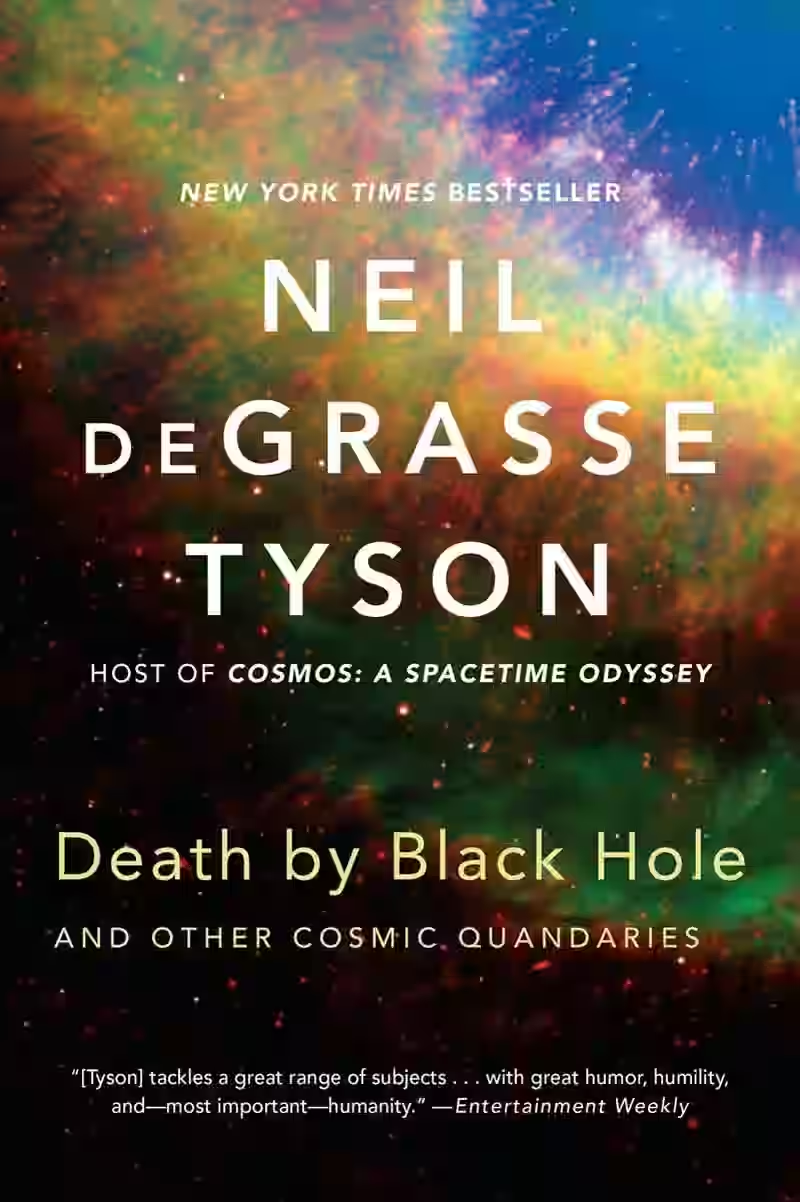
In 'Death by Black Hole', Neil deGrasse Tyson explores the wonders of our universe with a mix of awe-inspiring science and engaging storytelling. From the violent cosmic collisions to the mysteries of black holes, Tyson takes readers on a journey through space and time, unraveling complex concepts with clarity and humor. With thought-provoking essays on topics like the search for extraterrestrial life and the nature of reality, this book offers a captivating blend of astrophysics and philosophy. Tyson's passion for science shines through, making this a must-read for anyone curious about the mysteries of the cosmos.
About Neil deGrasse Tyson
Neil deGrasse Tyson, born on October 5, 1958, in New York City, is a renowned astrophysicist, author, and science communicator. He has made significant contributions to literature through his books, such as 'Astrophysics for People in a Hurry' and 'Death by Black Hole,' which engage readers in complex scientific concepts with wit and clarity. Tyson's impact on literature extends beyond his written works, as he frequently appears in media, including hosting the popular TV series 'Cosmos: A Spacetime Odyssey.' Through his charismatic and accessible approach to science, Tyson has inspired a new generation of readers and viewers to explore the wonders of the universe.
Other Books by Neil deGrasse Tyson
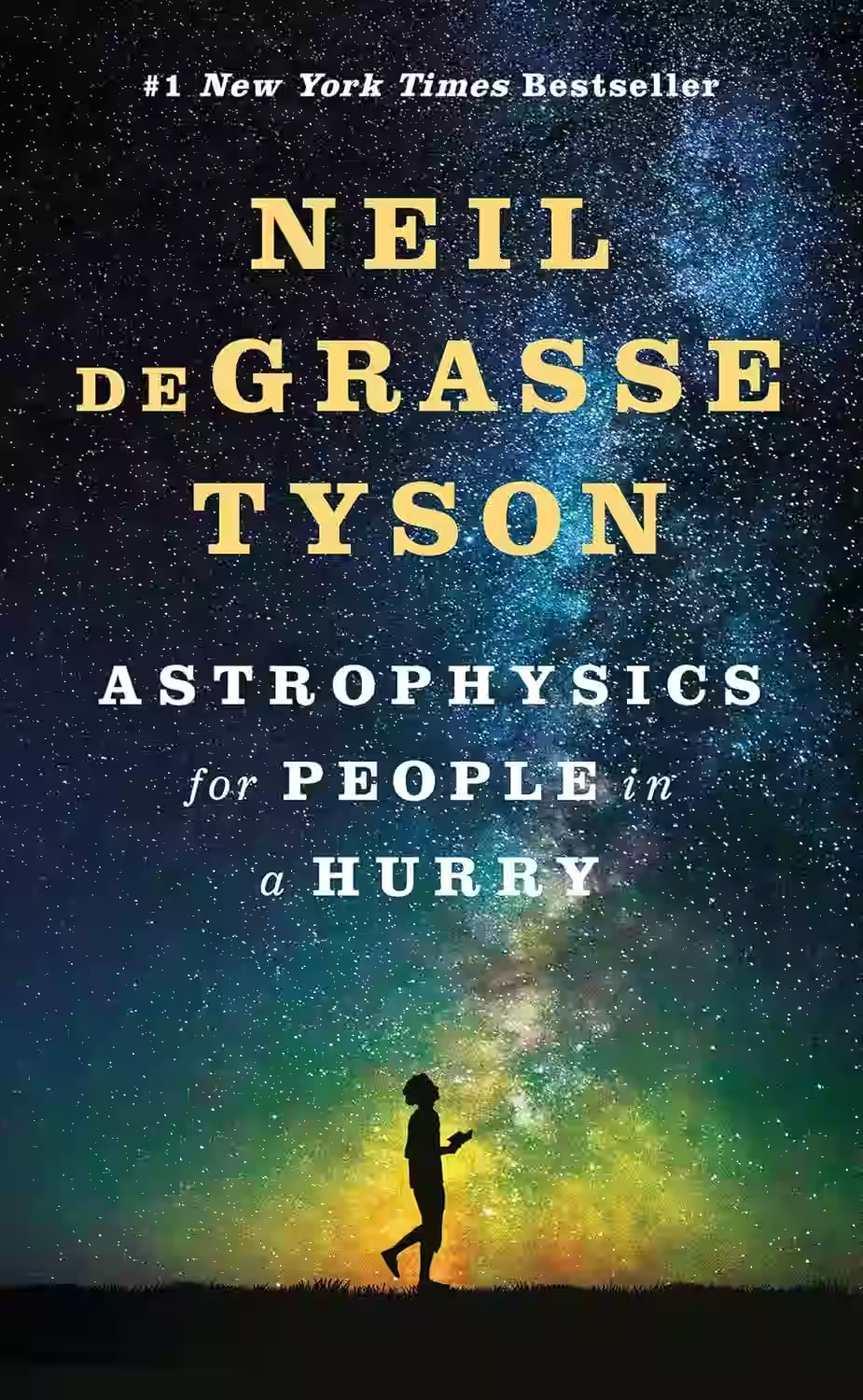
Astrophysics for People in a Hurry
Neil deGrasse Tyson's 'Astrophysics for People in a Hurry' is a captivating exploration of the vast cosmos condensed into a digestible and easy-to-understand format. Through his engaging prose, Tyson delves into complex astrophysical concepts such as the Big Bang, black holes, and dark matter, making them accessible to readers without a scientific background. The book seamlessly combines history, science, and philosophy to paint a comprehensive picture of the universe's mysteries and wonders. Tyson's wit and clarity shine through, making this book not only educational but also entertaining. 'Astrophysics for People in a Hurry' is a perfect read for anyone seeking a quick yet enlightening journey through the cosmos.
Similar Books
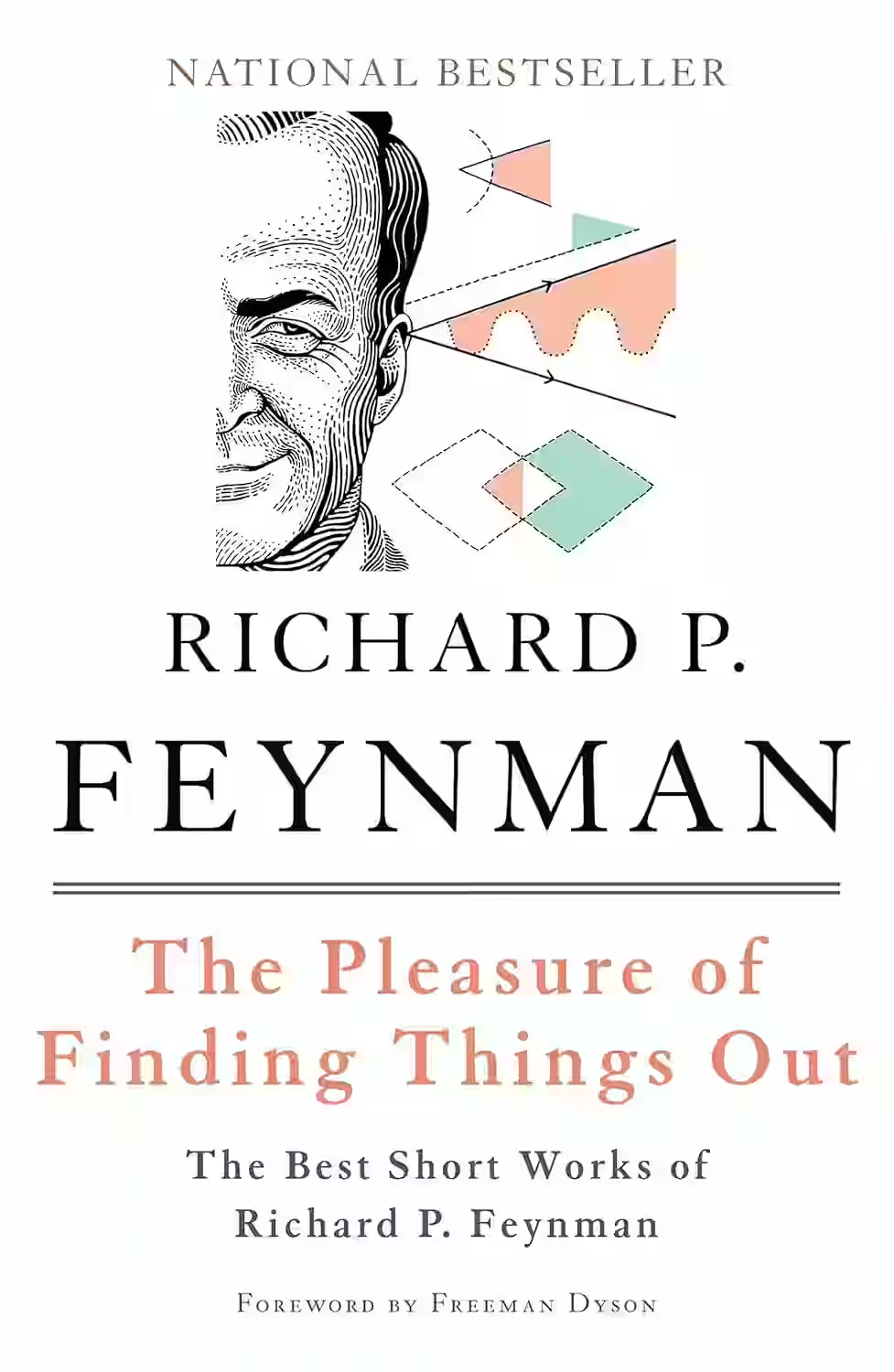
The Pleasure of Finding Things Out
This collection celebrates the remarkable achievements of Nobel Prize-winning scientist Richard P. Feynman, whose work profoundly reshaped our understanding of quantum electrodynamics. "The Pleasure of Finding Things Out" is a magnificent compilation of Feynman's finest short works, encompassing interviews, speeches, lectures, and articles. Offering an intimate and captivating glimpse into an extraordinary life dedicated to science, this wide-ranging treasury explores Feynman's thoughts on science in culture and includes his insightful Nobel Prize acceptance speech. It's a fascinating read for anyone intrigued by the power of ideas and the scientific mind.
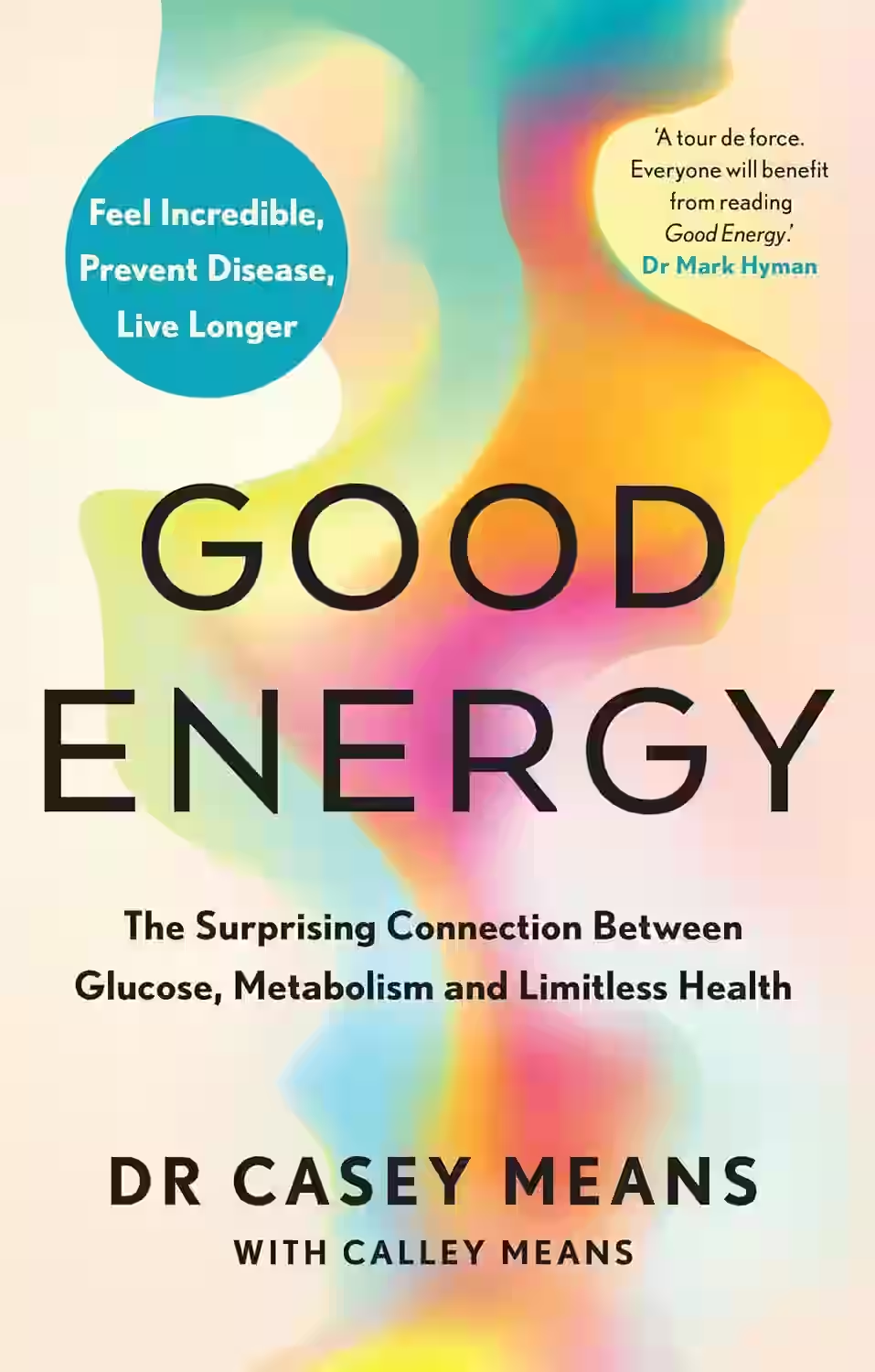
Good Energy
by Casey Means
Dr. Casey Means presents a holistic approach to health, emphasizing the importance of metabolic well-being. She explores how lifestyle choices, including diet, sleep, and stress management, influence energy levels and overall health. The book offers practical strategies to optimize metabolism, aiming to empower readers to achieve sustained vitality and prevent chronic diseases.
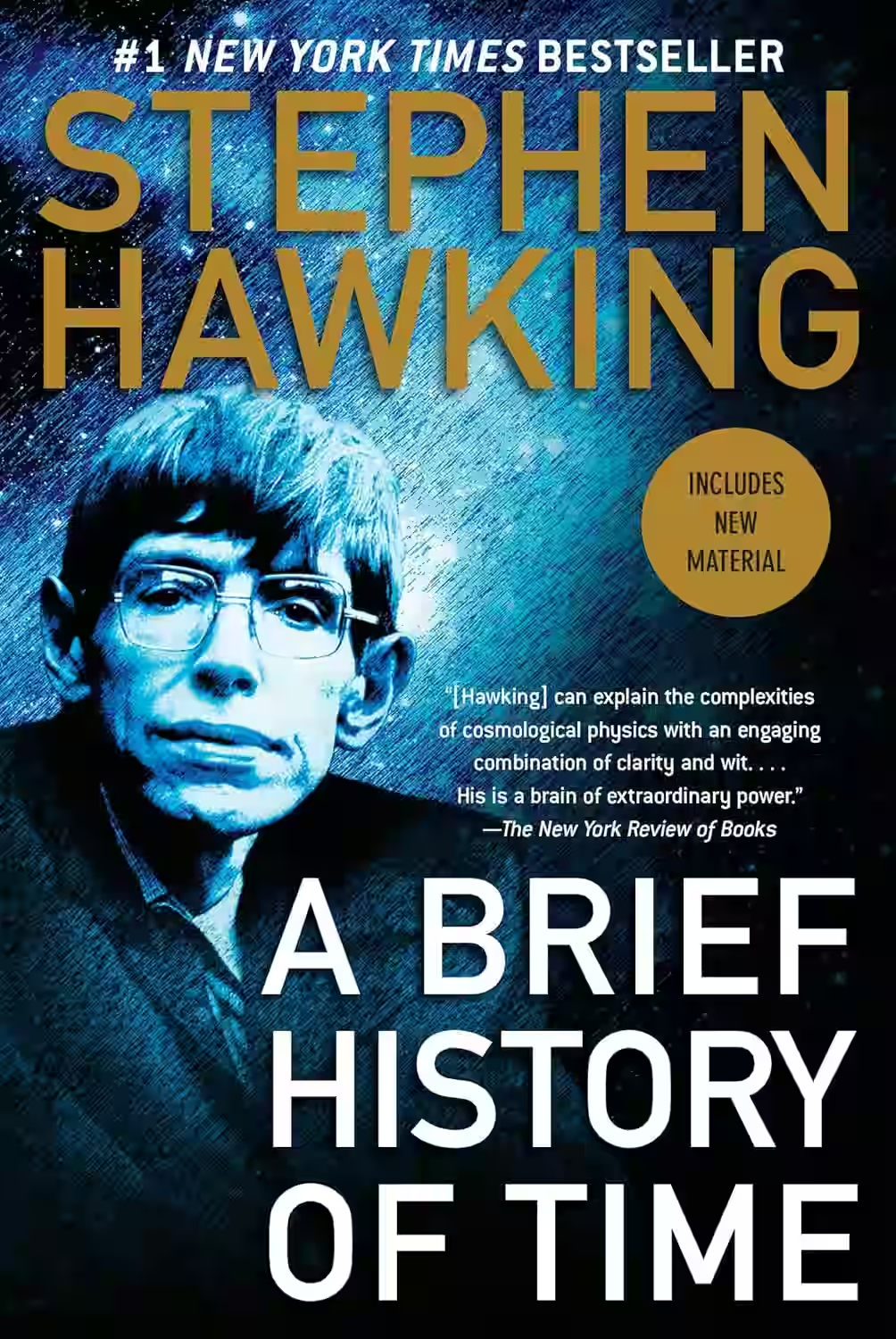
A Brief History of Time
Was there a beginning of time? Could time run backwards? Is the universe infinite or does it have boundaries? These are just some of the questions considered in the internationally acclaimed masterpiece by the world renowned physicist - generally considered to have been one of the world's greatest thinkers. It begins by reviewing the great theories of the cosmos from Newton to Einstein, before delving into the secrets which still lie at the heart of space and time, from the Big Bang to black holes, via spiral galaxies and strong theory. To this day A Brief History of Time remains a staple of the scientific canon and its succinct and clear language continues to introduce millions to the universe and its wonders.
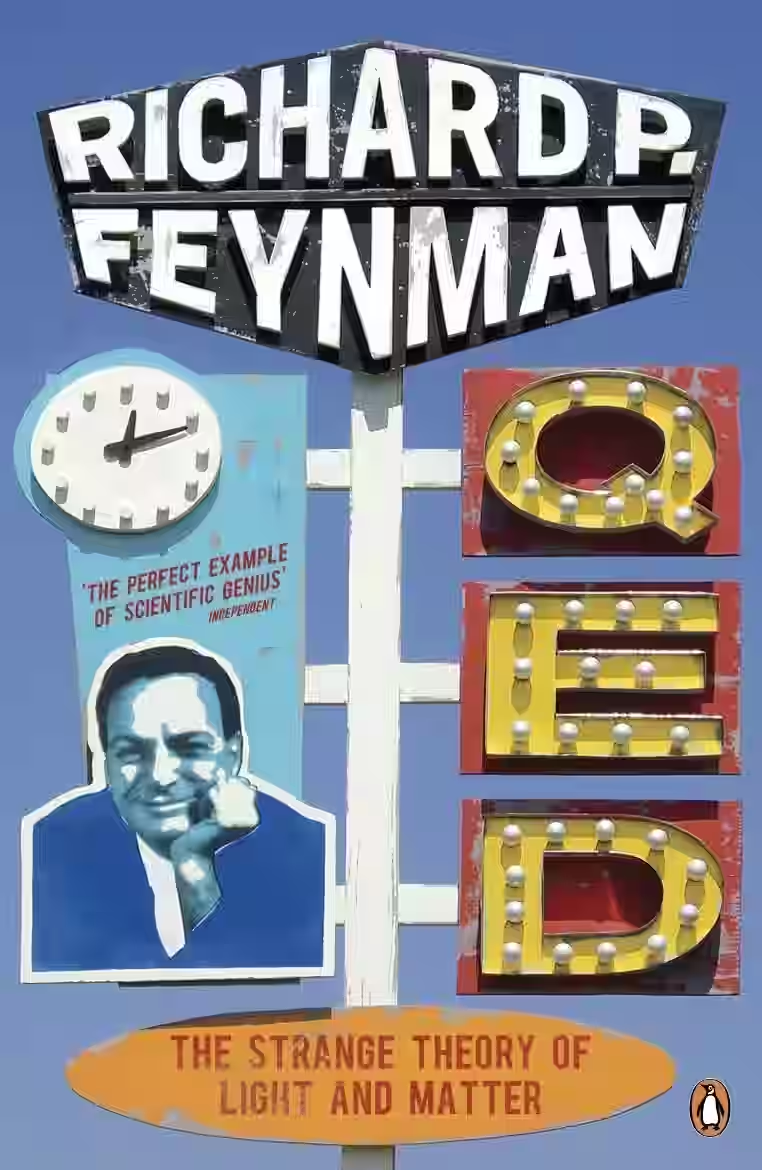
QED: The Strange Theory of Light and Matter
Nobel laureate Richard P. Feynman unravels the revolutionary science that earned him the prize with his signature lucid and witty style. Quantum electrodynamics, or QED, is the theory explaining the intricate interactions between light and electrons, illuminating the deepest mysteries of our universe. Celebrated for its accuracy and enduring validity, QED, thanks to Feynman and his colleagues, stands as a cornerstone of modern physics. Through engaging everyday examples, Feynman delivers the definitive and accessible introduction to this profound theory.